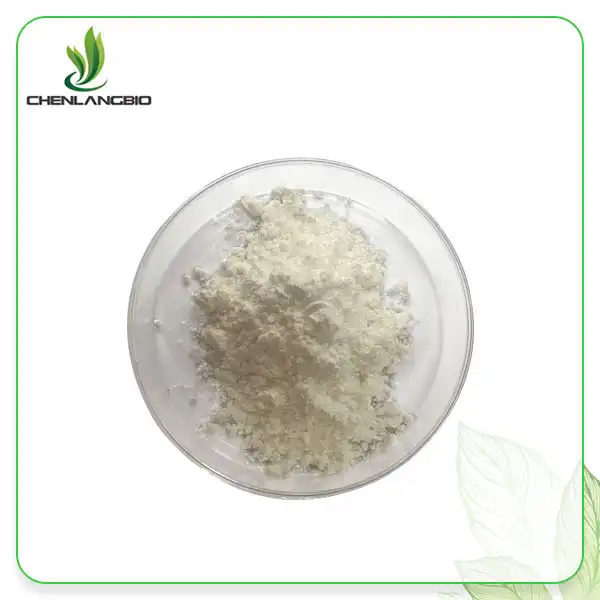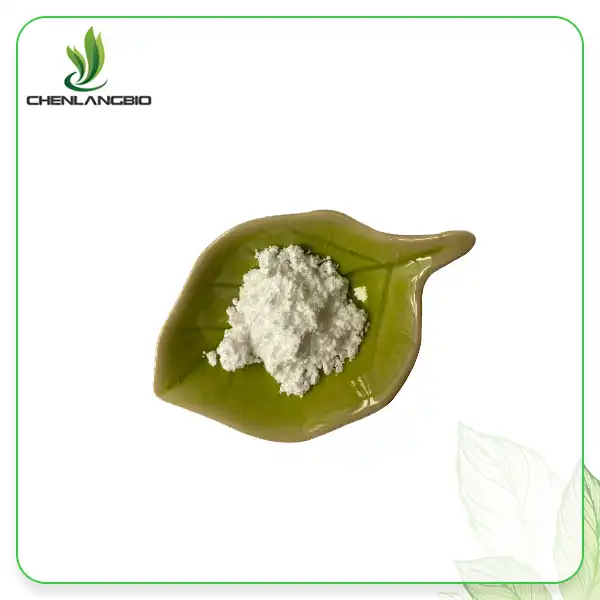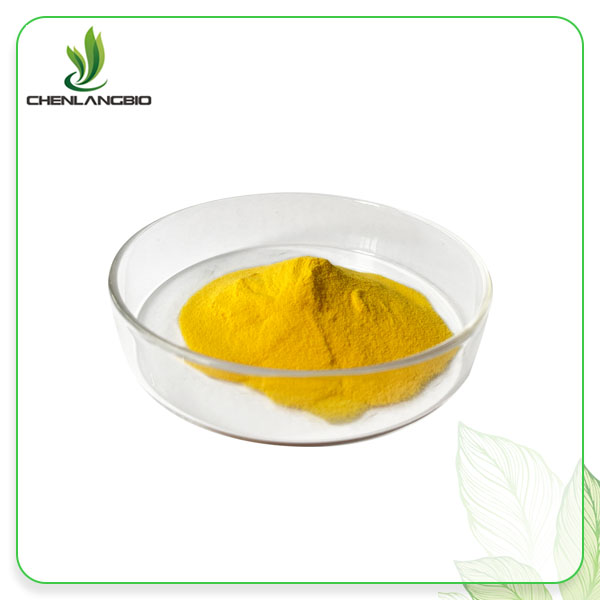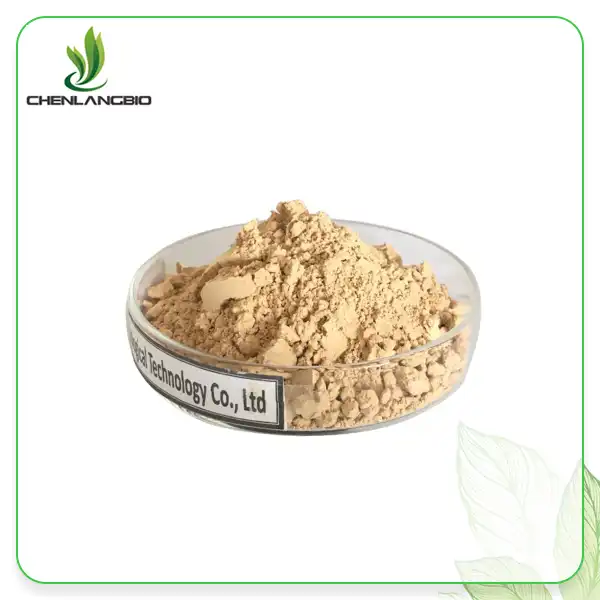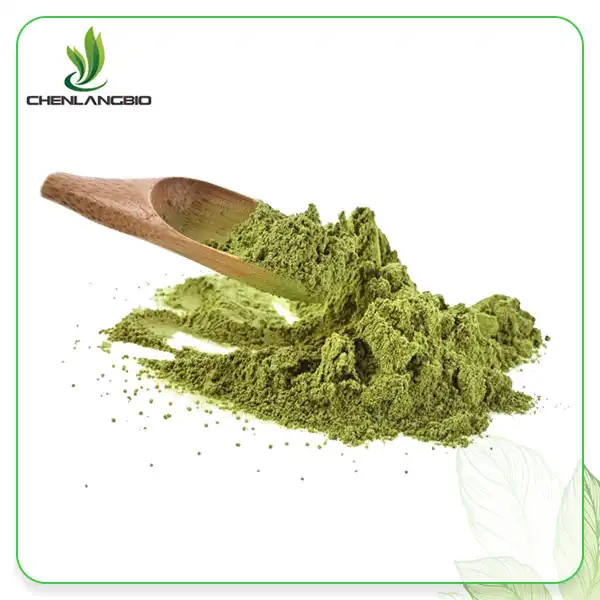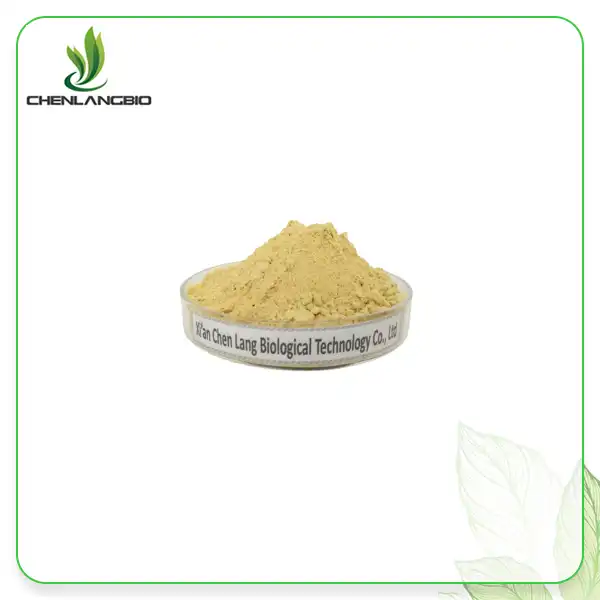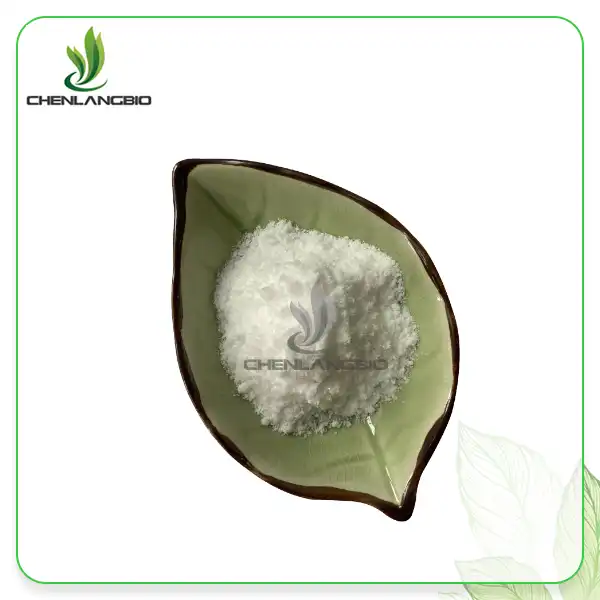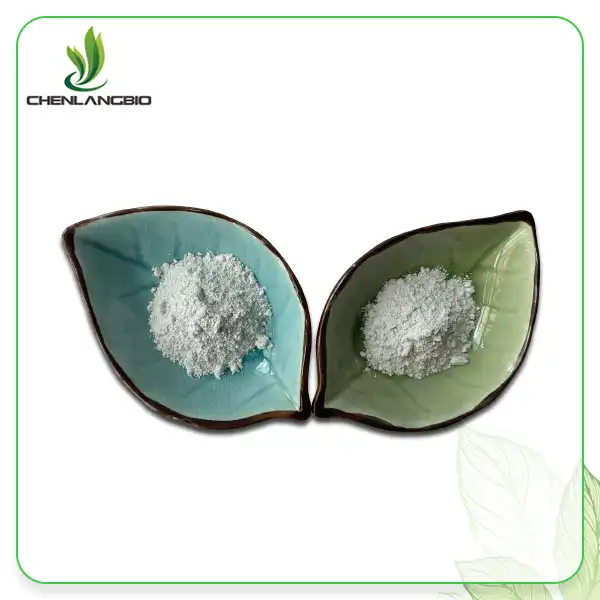Can NMN Raise Blood Pressure
2024-02-21 11:35:52
Latest human clinical trials show that NMN Powder may reduce blood pressure in patients with hypertension.
Experimental Overview: NAD+ (nicotinamide adenine dinucleotide) levels are generally low in the blood of patients with hypertension, and NAD+ supplement NMN (nicotinamide mononucleotide) can restore patients' NAD+ levels and lower blood pressure.
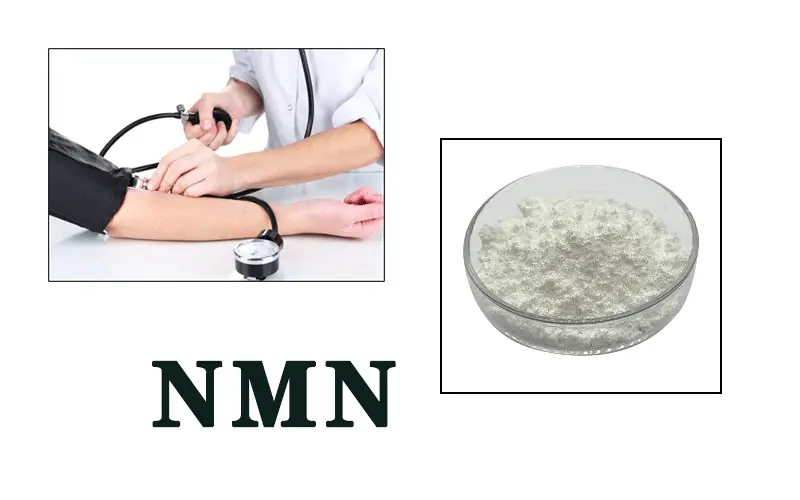
Patients with hypertension can significantly reduce blood pressure by taking 800 mg of NMN orally daily for 6 weeks;
The NAD+ level in the blood of patients with hypertension is significantly lower. Taking NMN can increase the NAD+ level in the patient's blood by about 43%;
Hypertensive patients have higher concentrations of the NAD+ consuming enzyme CD38 in their vascular endothelial cells, which is responsible for their lower NAD+ levels.
According to statistics, approximately 8.5 million people worldwide die from hypertension every year, with causes including stroke, heart disease, and kidney failure. Scientific research shows that NAD+ levels decline with age, and cardiovascular disease is also associated with age.
Therefore, a recent human clinical trial investigated "whether NAD+ levels are reduced in patients with hypertension" and examined the effect of NMN on blood pressure in these patients.
Researchers from the First Affiliated Hospital of Sun Yat-sen University in China published a paper in the journal "Signal Transduction and Targeted Therapy" showing that NMN can significantly reduce blood pressure in patients with hypertension aged 18 to 80 years old.
This human clinical trial found that patients with hypertension have lower NAD+ levels, and NMN can increase their NAD+ levels by approximately 43%. In addition, patients with hypertension have higher levels of the NAD+ consuming enzyme CD38 in their endothelial cells, which explains why they experience lower NAD+ levels.
Hypertension is considered an age-related disease, and NAD+ supplementation may be an effective clinical strategy as an aging intervention for hypertension. ” said the researchers.
1. NMN powder can increase NAD+ levels and lower blood pressure in patients with hypertension:
To test whether NMN has an effect on blood pressure in patients with hypertension, the researchers observed 19 patients with mild hypertension aged between 18 and 80 years old.
After 6 weeks of NMN supplementation in adult hypertensive patients,
Shows a decrease in systolic blood pressure (SBP) (NMN; red line),
versus hypertensive patients who received only lifestyle changes (LM; blue line).
During the study, all 19 adults with high blood pressure underwent lifestyle changes, including a low-salt, high-fiber diet and aerobic exercise four times a week. Among them, one group of people (9 people) took 800 mg of NMN every day for 6 weeks while changing their lifestyle, while the other group (10 people) only changed their lifestyle.
Interestingly, the group people take NMN showed significantly lower systolic blood pressure - the reading of blood pressure when the heart pumps blood, suggesting that NMN reduces a key reading for high blood pressure.
People with high blood pressure have lower NAD+ levels,
NMN restores NAD+ levels in patients with hypertension.
Left: Compared with healthy people (CTL),
Hypertensive patients (HTN) have significantly lower NAD+ concentrations in their blood.
Right: Six weeks after NMN supplementation (NMN; red line),
Hypertensive patients have higher NAD+ levels than hypertensive adults receiving lifestyle changes only (LM; blue line).
Because NAD+ levels decline in many age-related diseases, the researchers sought to study whether NAD+ levels declined in people with hypertension and then whether NMN could restore it.
The data showed that NAD+ levels in the blood of hypertensive patients were significantly lower compared with healthy adults. Compared with no lifestyle changes, we found supply NMN while changing lifestyles can significantly increase NAD+ levels in patients with hypertension. These findings suggest that NMN can increase NAD+ levels in the blood of patients with hypertension.
Aortic endothelial cell CD38 levels in hypertensive patients are approximately twice those in healthy individuals.
CD38 enzyme levels in aortic endothelial cells were approximately twice as measured by fluorescence staining intensity in hypertensive patients (HTN) compared with healthy individuals (CTL).
Of course, to better understand how NAD+ levels drop in hypertension, the researchers measured levels of the NAD+-consuming enzyme CD38 in endothelial cells of the aorta, the body's largest artery.
It is worth mentioning that the test found that CD38 levels in patients with hypertension were more than twice that of healthy adults without hypertension. This result shows that the increased level of CD38 in endothelial cells in patients with hypertension is an important reason for reducing the level of NAD+ in their blood. Therefore, inhibiting CD38 may be another way to increase NAD+ levels and relieve hypertension.
Current research shows that in patients with hypertension, an increase in NAD+ lowers blood pressure and improves vascular dysfunction.
This provides strong evidence to support targeted intervention in vascular aging as a new means of controlling blood pressure and improving vascular function in hypertension. This provides strong evidence to support targeted intervention in vascular aging as a new means of controlling blood pressure and improving vascular function in hypertension. The researchers said, "Overall, the existing research may reveal new strategies, in which NAD+-enhanced treatment, including NMN supplementation and CD38 inhibition, may become a promising clinical measure for the treatment of hypertension.
2. Supplement NMN or CD38 inhibitors to increase NAD+
Previously, no studies had linked reduced NAD+ levels in the blood to high blood pressure. The human clinical trial at the First Affiliated Hospital of Sun Yat-sen University proved for the first time that NMN can reduce blood pressure in patients with hypertension.
In addition, trials have shown that diabetic patients have increased levels of the NAD+ consuming enzyme CD38, In addition, trials have shown that diabetic patients have increased levels of the NAD+ consuming enzyme CD38, so researchers suggest that using CD38 inhibitors (such as the pharmaceutical preparation 78c) to lower blood pressure to relieve hypertension may also be an option, but it should be noted that currently 78c only for laboratory use.
On the contrary, NMN is now considered safe.
On the contrary, NMN is now considered safe. Not only that, this trial also adds to the cumulative number of human trials, once again proving that NMN can increase NAD+ levels in the blood.
On the contrary, NMN is now considered safe. Not only that, this trial also adds to the cumulative number of human trials, once again proving that NMN can increase NAD+ levels in the blood.
XI AN CHEN LANG BIO TECH CO., LTD is NMN Powder, NAD+ supplier and manufacturer, we supply high quality nutritional raw powder in the whole market. Please send inquiry to Email: admin@chenlangbio.com if you want to buy NMN Powder.
Send Inquiry
Related Industry Knowledge
- What is the Difference between Chondroitin Sulfate and Glucosamine?
- What are the Potential Benefits of PQQ Supplementation?
- Is Potassium MethoxysalicylateSafe for Sensitive Skin?
- How to Use Saccharomyces Ferment Lysate in Your Routine?
- What is Niacinamide Mandelic Acid 4 Butylresorcinol Used for
- What is Reishi Mushroom Extract Good for
- What Does Madecassoside Do for Skin
- What is Isobutylamido Thiazolyl Resorcinol
- Is Dimethylmethoxy Chromanyl Palmitate Safe
- Benefits of the Reishi Mushroom Extract Powder


